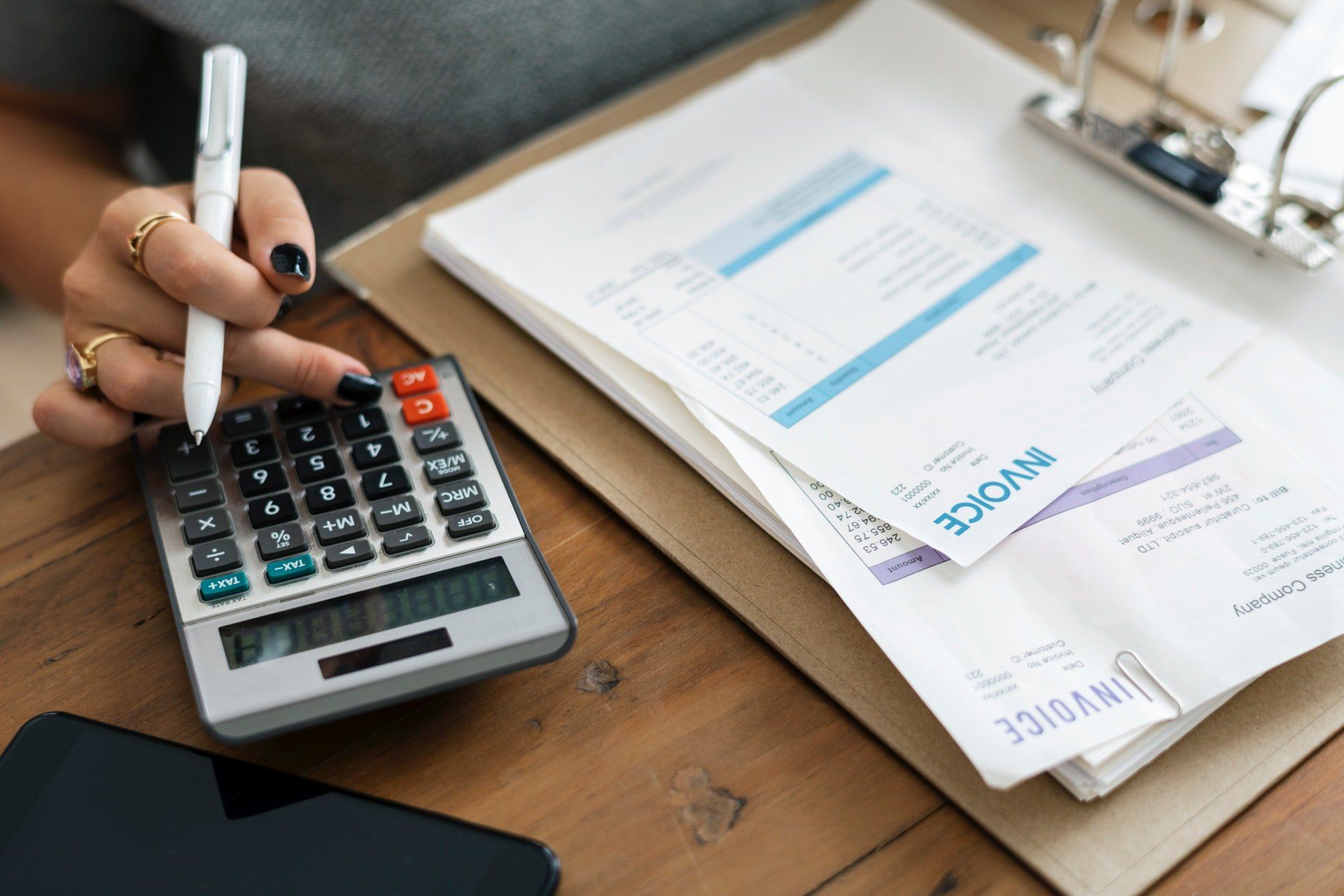Understanding the Balance Sheet: A Critical Tool for Any Business
Understanding the Balance Sheet: A Critical Tool for Any Business

When it comes to managing a business's finances, there are few documents more crucial than the balance sheet. This financial statement provides a snapshot of a company’s financial health at a specific point in time, offering insights into what the business owns, owes, and the value of its owner’s equity. Whether you’re running a small startup or managing an established business, understanding your balance sheet is vital for making informed financial decisions.
What is a Balance Sheet?
A balance sheet is one of the key financial statements used in business accounting, alongside the income statement and the cash flow statement. It is made up of three main components:
- Assets: These are the resources your business owns that provide future economic benefits. Assets can be divided into current assets, like cash or accounts receivable, and long-term assets, like property, equipment, or investments.
- Liabilities: This section reflects what your business owes to others. Liabilities can be current, such as accounts payable and short-term debts, or long-term, like loans and mortgages.
- Owner’s Equity: Also known as shareholder’s equity, this represents the net worth of your business. It’s calculated by subtracting total liabilities from total assets. Owner’s equity is what remains after settling all your debts, and it’s a critical measure of your business’s value.
The formula that drives the balance sheet is straightforward:
Assets = Liabilities + Owner’s Equity
This equation must always balance, hence the name "balance sheet." It illustrates that every dollar of assets is either funded by borrowing (liabilities) or by investments from the business owners (equity).
Why is the Balance Sheet Important for Your Business?
- Financial Health Snapshot: The balance sheet provides a comprehensive view of your company’s financial position at any given time. This helps you understand whether you are operating with sufficient assets to cover your liabilities and how much equity you have built in your business.
- Decision-Making Tool: By analyzing your balance sheet, you can make smarter financial decisions. For example, you can evaluate whether it’s a good time to take on more debt or if you should invest in new equipment or technology.
- Attracting Investors and Lenders: Potential investors and lenders often look at a company’s balance sheet to assess its financial stability and growth potential. A strong balance sheet can help attract funding, while a weak balance sheet may signal the need for more capital or cost-cutting measures.
- Performance Evaluation: Business owners and managers can compare balance sheets from different periods to track performance over time. This can reveal trends such as increasing liabilities or growing assets, allowing you to address financial issues before they become significant problems.
- Regulatory Compliance: A balance sheet is a fundamental requirement for many tax filings and regulatory submissions. Ensuring your balance sheet is accurate and up-to-date can help you avoid penalties and maintain compliance with accounting standards.
How to Improve Your Balance Sheet
Improving your balance sheet involves increasing assets and reducing liabilities. Here are some strategies:
- Increase Cash Reserves: Boosting cash reserves can provide a buffer for unforeseen expenses or opportunities.
- Reduce Debt: Pay down short-term and long-term debt to improve your liabilities and equity balance.
- Optimize Inventory: Ensure you are not holding excessive inventory, which can tie up cash.
- Increase Sales: Boosting sales while keeping costs under control will increase both assets and equity over time.
Final Thoughts
The balance sheet is a powerful tool for anyone serious about understanding and improving their business’s financial health. Whether you're reviewing it monthly or quarterly, taking the time to analyze your balance sheet can lead to more informed decision-making and better business outcomes.
If you need help interpreting your business's balance sheet or want assistance with keeping your financial statements up-to-date, Sihamkami Bookkeeping Services is here to help. Contact us today to ensure your finances are on the right track!


